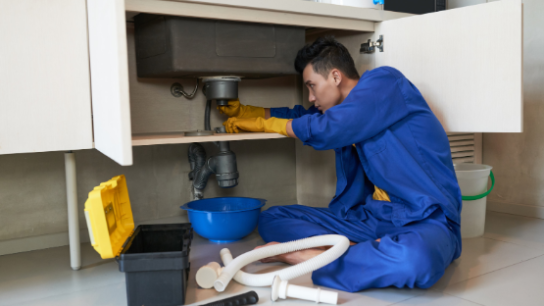As a home goods manufacturer or supplier, building strong relationships with retailers is crucial for the success and growth of your business. Connecting with home goods retailers can open up new distribution channels, increase brand visibility, and drive sales. In this article, we’ll explore best practices to help you effectively connect with home goods retailers.
The first step in connecting with home goods retailers is to understand their specific needs and pain points. What types of products are they looking for? What are their customer demographics? What are their sales and inventory challenges? Take the time to research each potential retail partner and tailor your approach to their unique requirements.
Develop a Comprehensive Product Catalog
Having a well-curated, high-quality product catalog is essential when connecting with home goods retailers. Ensure that your catalog showcases your best-selling items, highlights your unique selling points, and provides detailed product information, including dimensions, materials, and pricing. Make it easy for retailers to visualize how your products will fit within their existing product mix.
Connect With Home Goods Retailers and Leverage Networking Opportunities
Attend industry events, trade shows, and networking sessions to connect with home goods retailers. These platforms provide valuable opportunities to introduce your brand, showcase your products, and build meaningful relationships with potential partners. Be prepared to pitch your offerings concisely and effectively, highlighting the benefits and value you can bring to the retailer.
Offer Exceptional Customer Service
Providing exceptional customer service is key to maintaining strong relationships with home goods retailers. Respond promptly to inquiries, address concerns quickly, and be flexible in accommodating their needs. Develop a reputation for being reliable, responsive, and easy to work with, as this will make you a preferred partner for many retailers.
Embrace Digital Connectivity
In today’s digital landscape, leveraging online platforms and tools can greatly enhance your ability to connect with home goods retailers. Maintain an up-to-date and user-friendly website that showcases your products and brand. Utilize social media to engage with potential partners, share industry insights, and build brand awareness. Consider investing in e-commerce solutions that make it easy for retailers to browse and order your products.
Adapt to Changing Market Trends
The home goods industry is constantly evolving, and it’s essential to stay attuned to emerging trends and consumer preferences. Regularly research market shifts, monitor your competitors, and be proactive in adapting your product offerings and sales strategies to meet the changing needs of home goods retailers. By demonstrating your flexibility and responsiveness, you’ll position your brand as a valuable and trusted partner.
Create engaging product displays, immersive experiences, thought-provoking presentations, personalized interactions, digital integrations, and memorable giveaways to engage retailers. Ensure booth staff is well-trained, use digital elements, and offer limited-edition samples or exclusive promotions.
Conclusion
In conclusion, cultivating strong partnerships with home goods retailers requires a multifaceted approach. By understanding their needs, developing a comprehensive product catalog, leveraging networking opportunities, providing exceptional customer service, embracing digital connectivity, and adapting to changing market trends, you can effectively connect with home goods retailers and drive the growth of your business. Remember, building lasting relationships is the key to unlocking new opportunities and achieving long-term success in the home goods industry.








